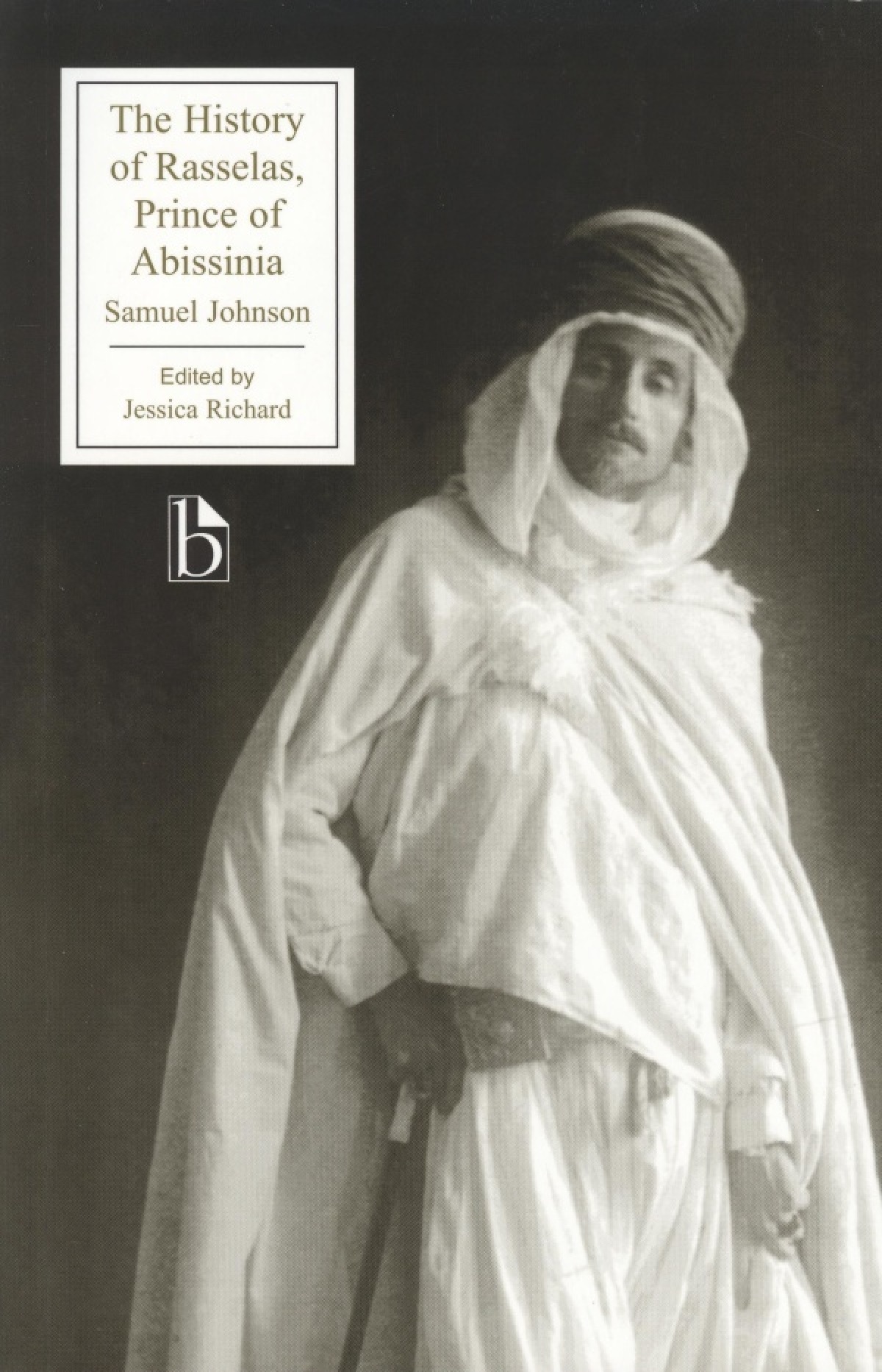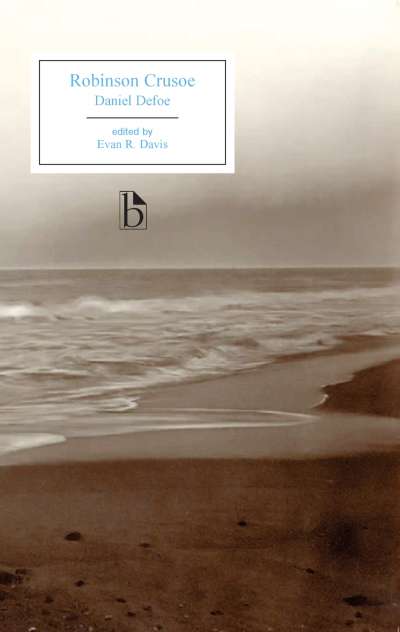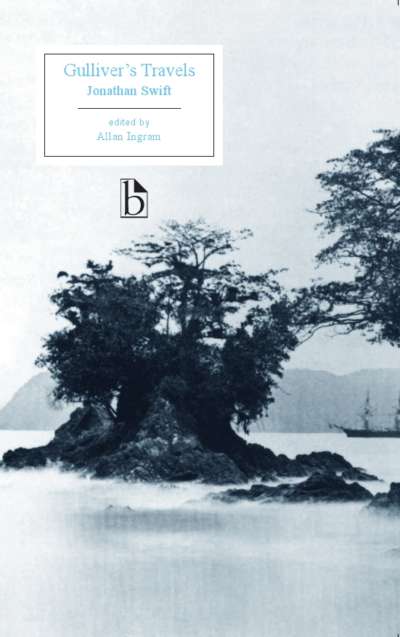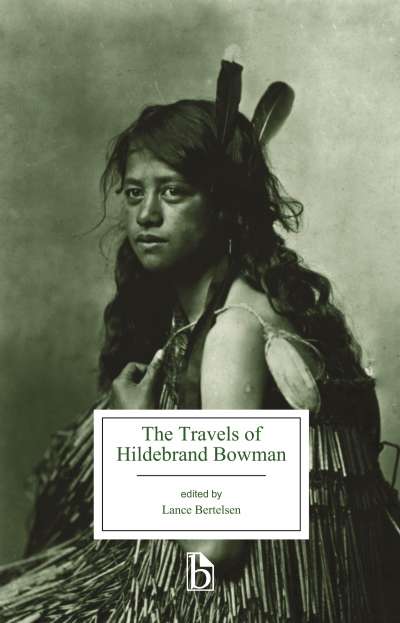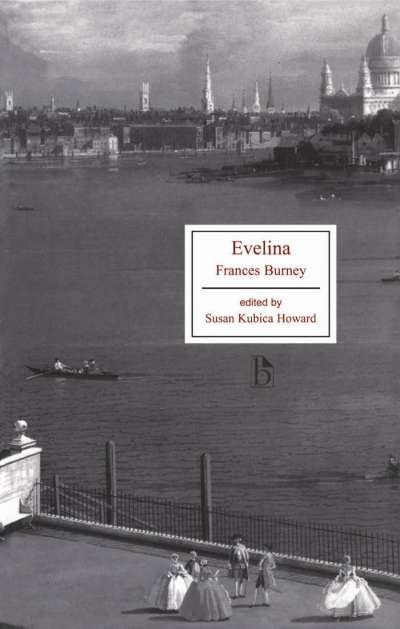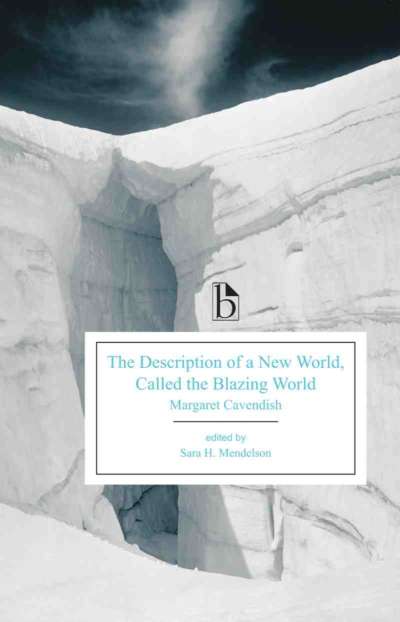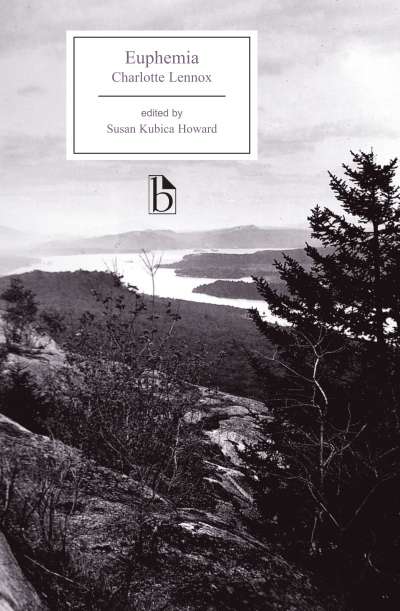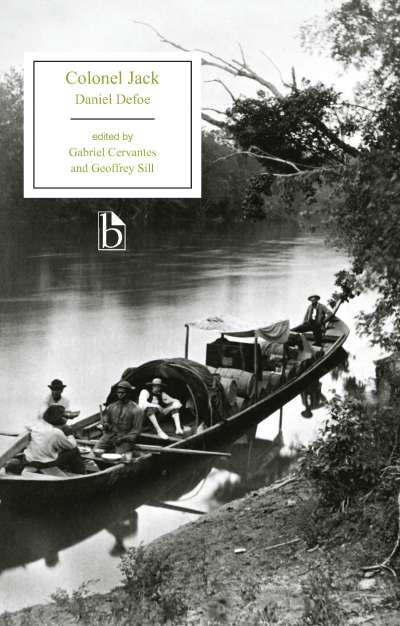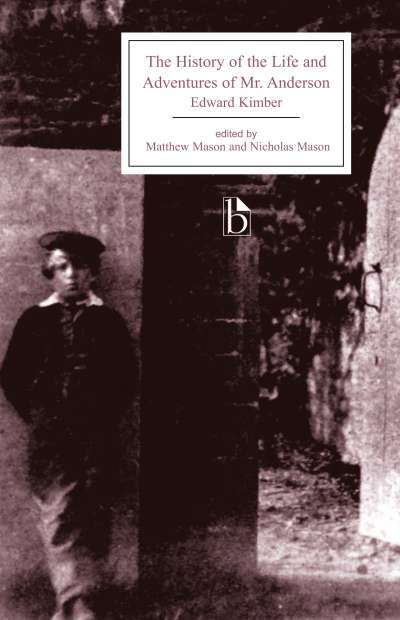In Samuel Johnson’s classic philosophical tale, the prince and princess of Abissinia escape their confinement in the Happy Valley and conduct an ultimately unsuccessful search for a choice of life that leads to happiness. Johnson uses the conventions of the Oriental tale to depict a universal restlessness of desire. The excesses of Orientalism—its superfluous splendours, its despotic tyrannies, its riotous pleasures—cannot satisfy us. His tale challenges us by showing the problem of finding happiness to be insoluble while still dignifying our quest for fulfillment.
The appendices to this Broadview edition include reviews and biographies, selections from the sequel Dinarbas (1790), and the complete text of Elizabeth Pope Whately’s The Second Part of the History of Rasselas (1835). Selections from Johnson’s translation of the travel narrative A Voyage to Abyssinia, as well as his Oriental tales in the Rambler, are also included, along with another popular tale, Joseph Addison’s “The Vision of Mirzah,” and selections from Lady Mary Wortley Montagu’s Turkish Embassy Letters.
Comments
“Jessica Richard’s engaging new edition of Rasselas for Broadview provides everything needed to bring into focus the paradoxical nature of Samuel Johnson’s achievement in that slender masterpiece. As this edition makes clear, Johnson penned, against the cultural grain, a willfully anti-exotic ‘Oriental tale.’ Richard highlights the insouciance of such an Oriental tale in which the main characters—Coptic Christians in Africa—reflect with aplomb on the accidental happenstance of northwest Europe’s global ascendance. Through her well-chosen contextual materials, Richard both establishes a background for Rasselas in the conventions of eighteenth-century literary Orientalism and clarifies the manifest singularity of Johnson’s classic novella.” — Clement Hawes, Pennsylvania State University
“The globalization of literary studies has produced fascinating insights into the cultural interactions between Europe and the East, and Europe and the Americas during the eighteenth century. Jessica Richard’s enterprising edition of Johnson’s Rasselas brings out the global interests of this popular tale by placing it firmly in the context of enlightenment Orientalism. It highlights Johnson’s cosmopolitan universalism, for while embracing cultural difference he reverses the Oriental gaze, and uses the conventions of the Oriental tale to historicize his exploration of human desire and happiness. This new Broadview edition offers an excellent introduction to Johnson’s global status.” — Greg Clingham, Bucknell University

